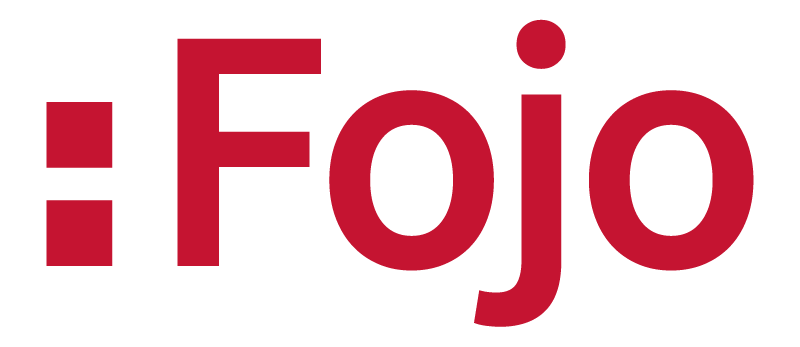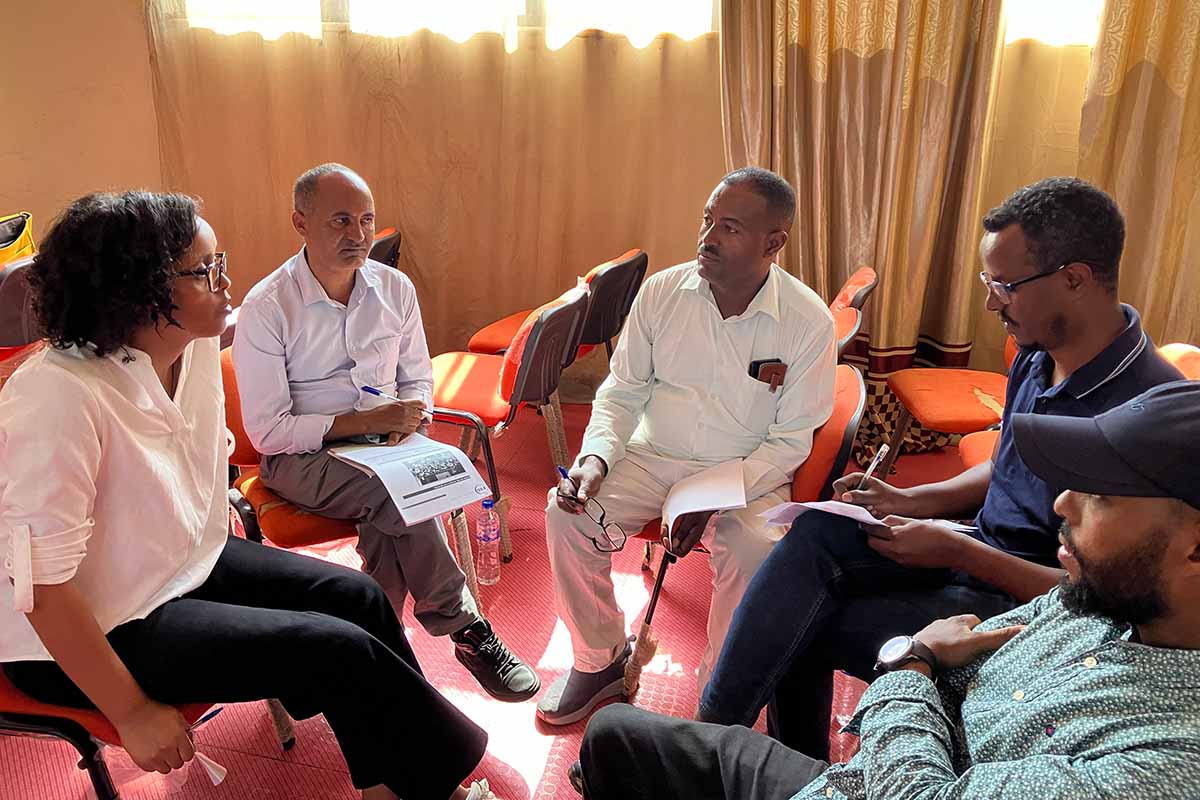Ethiopian Journalism Educators Network (EJEN) just concluded two 2-day workshops in Jimma and Addis Ababa on how to achieve more student-active and interactive classrooms in journalism education. The Swedish Instructor and Senior Lecturer in Pedagogy, Kristina Hellberg, from the Linnaeus University led the workshops.
Ethiopian Journalism Educators’ Network, established a few years ago and with members from 26 journalism schools across all regions in Ethiopia, is dedicated to bridging the gap between the classroom and the newsroom and to prepare students for what will be expected of them when they leave the classroom. One important aspect of EJEN’s work is to encourage more interactive teaching and for students to learn by discussions and practice and connecting real world situations to theoretical learning.
The two recent workshops in Jimma and Addis Ababa focused on exactly that. Led by Kristina Hellberg, senior lecturer in Pedagogy at the Linnaeus University in Sweden, two interactive pedagogical methods were introduced; ‘Problem-Based-Learning’ and the ‘World Café Method’. And, perhaps most importantly, the lecturers from the participating universities were encouraged to try them out.
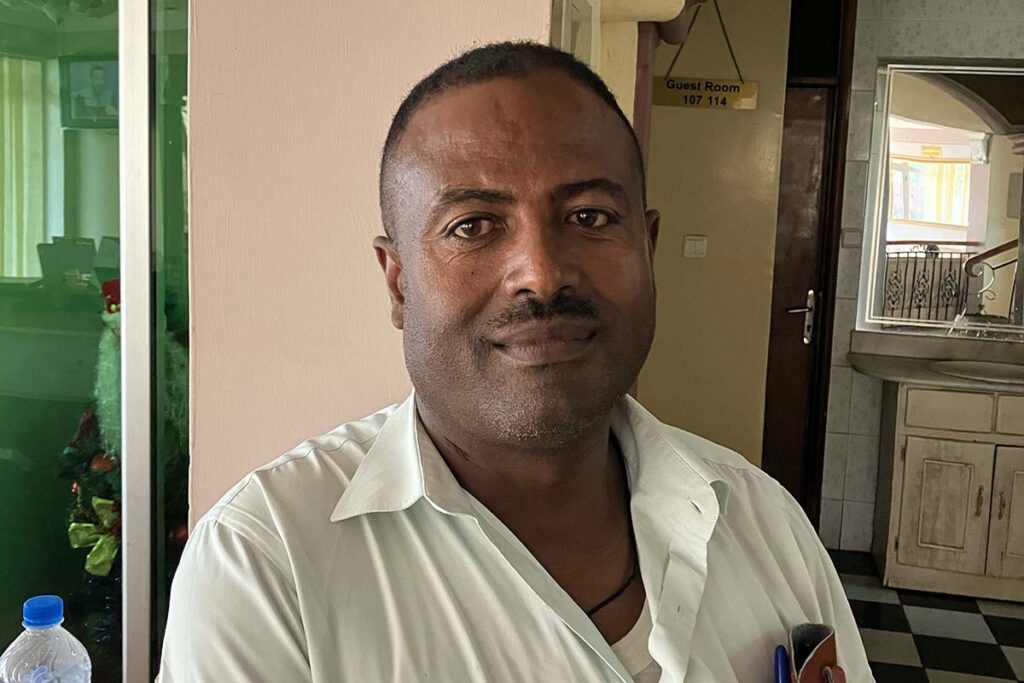
Demelash Mengistu, assistant professor at the Department of Media and Communication, was one of 16 participating lecturers at the workshop in Jimma.
“First, as the workshop is all about pedagogical methods, it helps to bridge a gap. Our staff don’t have training in how to teach journalism. Secondly, it brings teachers together to discuss and look for solutions. Thirdly, we will be able to use the methods and tools in our classrooms. We have learned and practiced ‘Problem-Based-Learning’ and the ‘World Café Method’ and we find them easy to use by ourselves.”
During the workshop the participants discussed several situations that may arise in journalism education; How to report on abuse of domestic workers in a fair, safe and ethical way, gender perspective in the classroom and students with disability.
The issue of gender in the classroom sparked a lot of discussions. One of the participants shared a case in which a male student refused to follow instructions from a female student who was assigned as an editorial team leader while they were given a group project. Instead of giving in, she encouraged the female student to go on and used her authority as teacher to tell the male students that it is required from them to take instructions from a superior. In connection to this case, the participants discussed the possibility of using authoritative measures to enhance gender sensitivity.
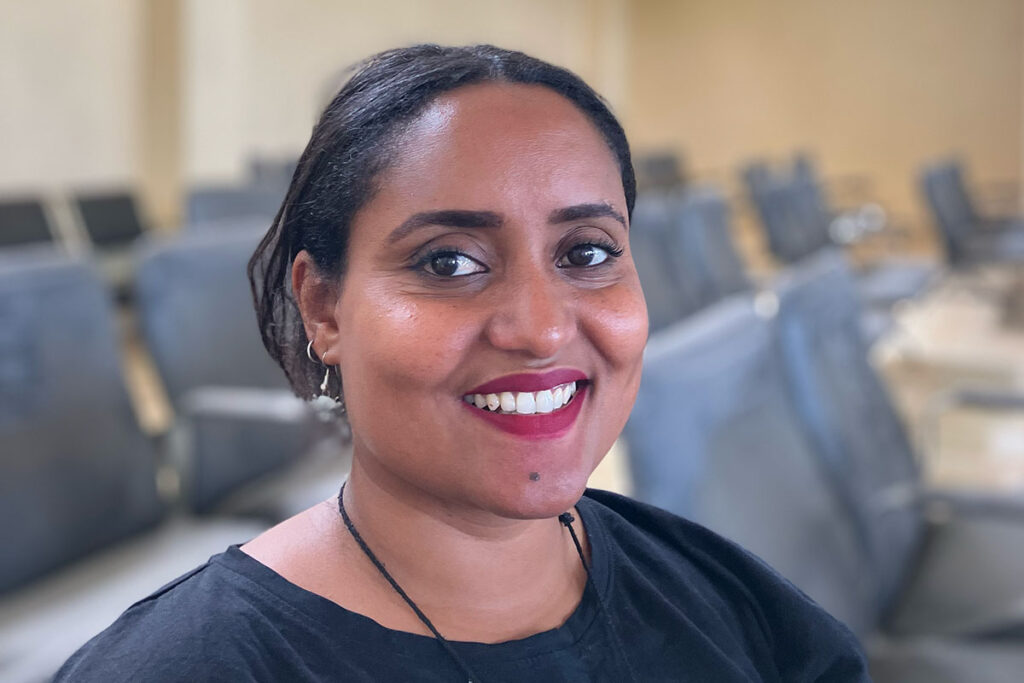
“The fact that there aren’t many women journalism teachers affects research and the way the education is adressed. There is a need for a more gender sensitive approach in teaching as well as in research”, says Fitih Alemu, one of the founding members of EJEN and coordinator for those two workshops.
Fitih Alemu believes the workshops will contribute to enhance the quality of journalism education.
“Kristina Hellberg helped journalism educators explore important situations in teaching journalism. Most of the participants have only learned general pedagogy, not pedagogy specifically tailored towards journalism and there types of discussions.
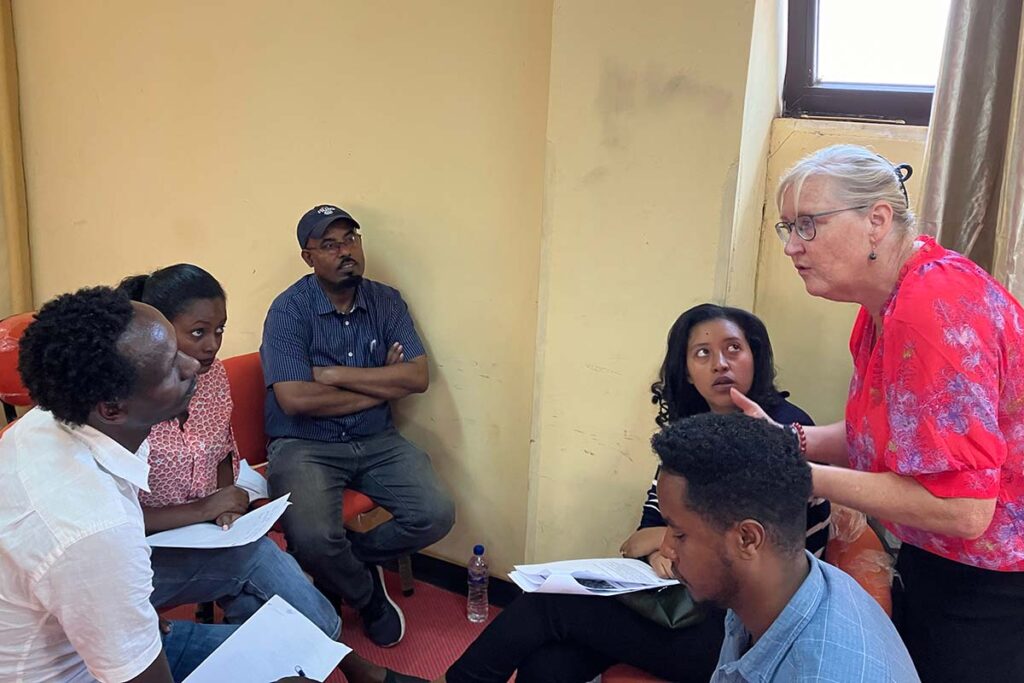
“We have had many fruitful discussions about journalism. We discussed different cases and questions that are important to address in the journalism classroom, such as domestic violence, gender perspective and disabilities,” says Kristina Hellberg, reflecting on her week-long stay in Ethiopia meeting with journalism lecturers involved in “Ethiopian Media in a Time of Change”, the media development programme run by Fojo Media Institute in the country.
EJEN was established during Fojo Media Institutes’ former Ethiopian programme. The programme enabled journalism educators across Ethiopia to connect to each other and facilitated regional exchanges in which Ethiopian journalism educators were able to share experiences with similar networks in other countries in Sub-Saharan Africa. Another achievement by that programme was the first textbook in journalism with an Ethiopian perspective, Journalism in Ethiopia.
Text and photos by Project Manager Carl-Magnus Höglund.
Funding:
The workshops were supported by Fojo Media Institute’s programme “Media in a Time of Change: Promoting Journalism and Democracy 2024-2027” which is funded by the Embassy of Sweden in Ethiopia. Kristina Hellberg’s participation was funded by the European Union’s Programme Erasmus+ Mobility scheme.
Link and more information: Ethiopian Media in a Time of Change: Promoting Journalism and Democracy 2024-2027
Read more…
- Key Partners: International Media Support (IMS), Ethiopia Media Women Association (EMWA), Ethiopia Journalism Education Network (EJEN), MERSA Media Institute (MMI), targeted independent media and community radio stations.
- Project duration: 2024-2027
- Location: Ethiopia
- Area: Media Development
- Donors: Sida
- Area: Media Development
- Donors: Sida

